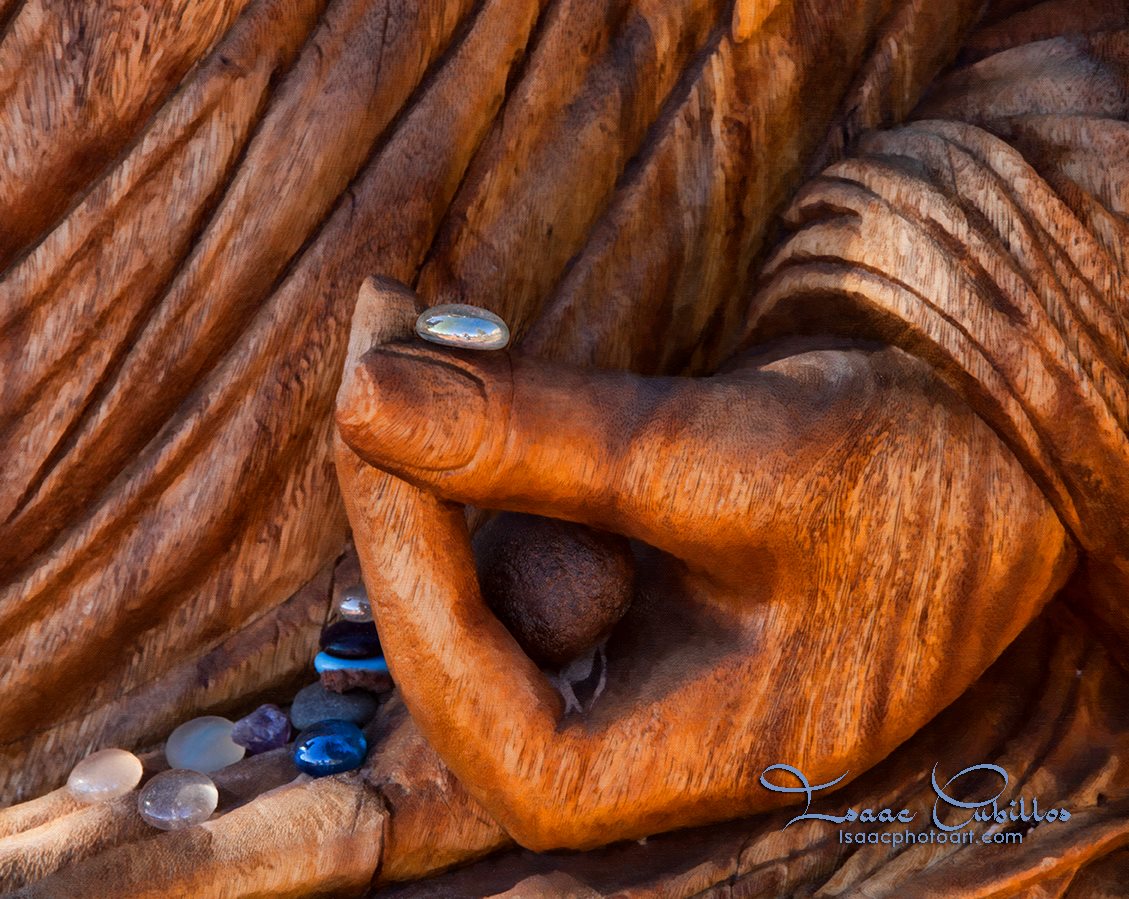Finding a spiritual counselor is an important step in your journey towards self-discovery, healing, and personal growth. A spiritual counselor can guide you in exploring your inner self, help you find meaning in life, and support you through difficult times. In this ebook, we will discuss the benefits of working with a spiritual counselor, what to look for when selecting one, and how to find a counselor that is the right fit for you.
Why Seek Spiritual Counsel?
Life can be tough, and there are times when we may feel like we are wandering aimlessly, unsure of our purpose or direction. It can be challenging to navigate these moments on our own, and we may benefit from seeking the guidance and support of a spiritual counselor.
A spiritual counselor can help us connect with our higher selves and spiritual guides, providing us with the tools we need to overcome obstacles and challenges that we may encounter on our journey. They can offer us a fresh perspective and help us find meaning and purpose in our lives.
By seeking spiritual counsel, we open ourselves up to the possibility of deepening our spiritual practices and healing from past traumas. We can learn to overcome limiting beliefs and fears, which can ultimately lead to improved relationships with others and a greater sense of inner peace and contentment.
What to Look for in a Spiritual Counselor
When searching for a spiritual counselor, it’s important to find someone who resonates with you and your beliefs. Take the time to research their spiritual background and training to ensure they align with your spiritual path.
Consider their approach to counseling, and whether it will work for you. Do they have experience working with clients who have similar concerns to you? Are they available when you need them, and what is their fee structure?
Take advantage of any free consultations they offer to ensure they are the right fit for you.
How to Find Your Perfect Spiritual Counselor
Finding the right spiritual counselor can be a personal journey. Ask friends or members of spiritual communities for referrals or search online directories. Attend workshops or retreats led by spiritual counselors to gain insight into their approach.
Most importantly, trust your intuition and follow your heart. Listen to the inner voice that guides you and leads you to the spiritual counselor that is the perfect fit for you.
Making the Most of Your Sessions
When you find the right spiritual counselor, it’s important to make the most of your sessions. Come prepared with questions and topics you want to explore. Be open and honest with your counselor, and share your thoughts and feelings openly.
Take the lessons and tools your counselor provides and practice them outside of your sessions. Work on deepening your spiritual practices and finding new ways to connect with your higher self and spiritual guides.
Remember, the journey towards spiritual growth and healing is a personal one. Be patient with yourself and trust the process. With the right spiritual counselor by your side, you can find your way back to your spiritual path and discover the beauty and joy of life.
To find the right Spiritual Counselor, visit our SpiritLife Coaching website and see our team.
Qualities of a Spiritual Counselor
Compassion
A spiritual counselor must have a deep sense of compassion and empathy for their clients. They must be able to listen without judgment and understand the emotional pain and struggles their clients are going through.
Presence
Presence is essential in spiritual counseling. It involves being fully present in the moment with your clients and creating a space for them to express themselves without fear or inhibition.
Patience
Patience is a virtue that every spiritual counselor must possess. The journey towards spiritual enlightenment is a long and challenging one, and it takes time to overcome the obstacles that stand in the way. A spiritual counselor must be patient with their clients, allowing them to move at their own pace while providing gentle encouragement and support along the way.
Non-judgment
A spiritual counselor must be non-judgmental and accepting of all belief systems and lifestyles. They must be open-minded and able to create a safe and welcoming environment for their clients, regardless of their backgrounds or beliefs.
Intuition
Intuition is the ability to sense things beyond the five senses. A spiritual counselor must have a strong intuitive sense, which allows them to tune into their clients’ energies and emotions and understand what they need without them having to say it.
Knowledge Required for a Spiritual Counselor
Spiritual Practices
A spiritual counselor must have a deep understanding of spiritual practices such as meditation, prayer, and energy healing. They must be able to guide their clients in these practices and help them develop a deeper connection with their spirituality.
Psychology
A spiritual counselor must have a basic understanding of psychology, including human behavior and emotions. This knowledge helps them to better understand their clients’ struggles and provide them with the right support and guidance.
Communication
Effective communication is essential in spiritual counseling. A spiritual counselor must be able to communicate clearly and effectively with their clients, using language that resonates with them and helping them to understand complex spiritual concepts.
Ethics
Ethics is a critical component of spiritual counseling. A spiritual counselor must have a clear understanding of ethical principles and abide by them at all times, ensuring that they maintain the trust and respect of their clients.
Continued Learning
The journey towards spiritual enlightenment is an ongoing one, and a spiritual counselor must continue to learn and grow in their own spiritual journey. This knowledge helps them to better guide their clients and provide them with the support they need.
As a spiritual counselor, possessing these qualities and knowledge will help you guide your clients on their journey towards enlightenment and inner peace. Remember to remain compassionate, present, patient, non-judgmental, and intuitive, while having a deep understanding of spiritual practices, psychology, communication, ethics, and continued learning.

